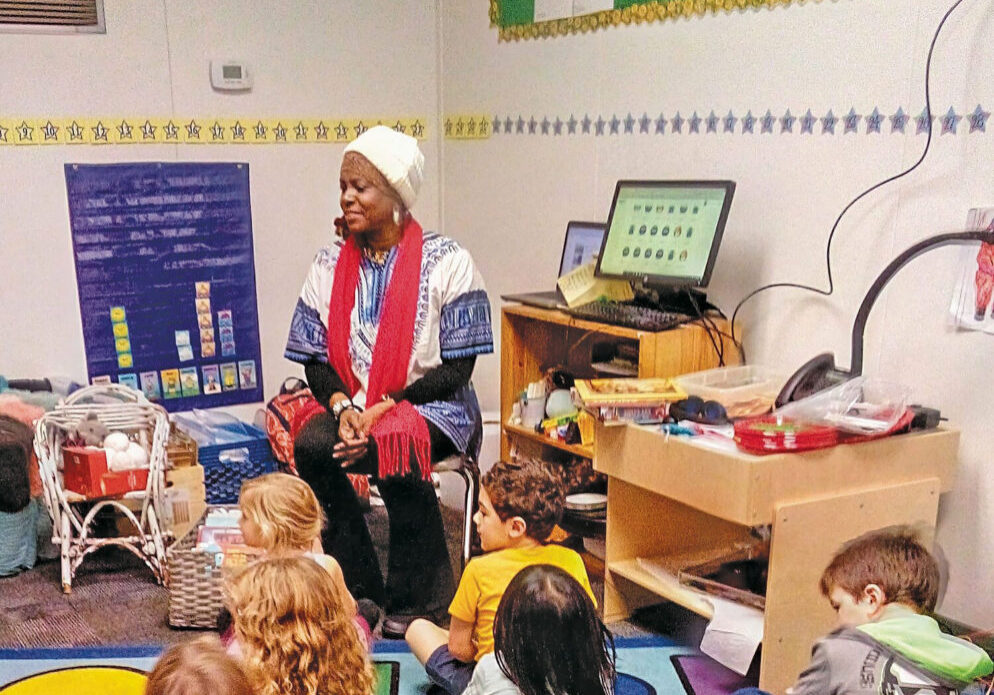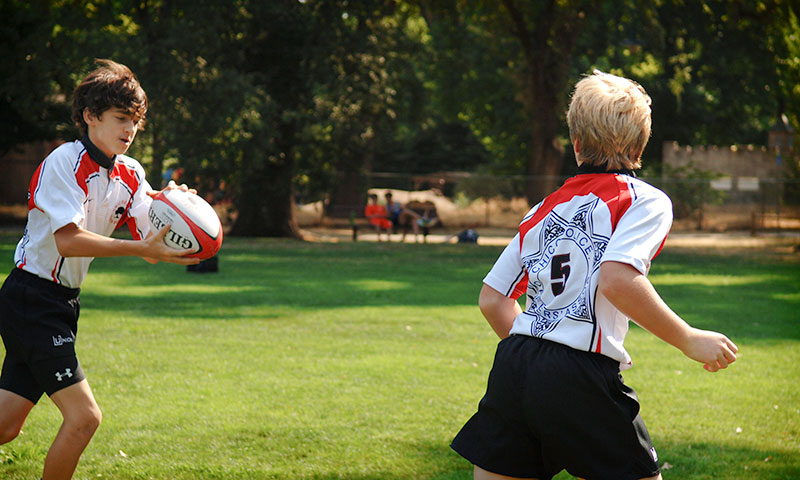
Get ready! The Chico Oaks Youth Rugby’s upcoming league season runs December through April. For more information visit http://www.chicorugby.org/youth/. Photo by Lisa Tosi Photography.
While children used to simply go outside and play, their days are now filled with organized sports practices and games that become more focused and intense, moving up from recreational leagues to select programs as the years pass. Sports that used to be relegated one season are now played all year; teens that used to play three sports in high school now are lucky to find the time to play two.
Choosing one sport is certainly easier on the lives of busy children and their parents: no need to deal with overlapping seasons, conflicting game schedules and pressure from coaches who think their sport is the most important. But youth coaches and sports psychologists say that for most kids, early sports specialization is a bad idea that results in emotional burnout and less well-rounded athletes.
Specialization is a relatively new phenomenon that reflects society’s emphasis on a child’s early development and success, says Frank Smoll, Ph.D., a professor of psychology at the University of Washington and co-author of the book Sports and Your Child.
Smoll calls it “a popular myth” that you can identify talent early and capitalize on that through early specialization. “What you are doing is cutting kids off from developing a wide range of developmental skills,” he notes. “That range is what makes a good athlete.”
“Pediatricians and orthopedic surgeons know that playing the same sport 12 months of the year is not good for young bodies. They need rest and the balance of using different muscle groups playing different sports. Overuse injuries and chronic fatigue problems have gone up tremendously over the past decade.” –Dr. Tim Jordan, developmental and behavioral pediatrician
Unfortunately, most of the pressure to specialize comes from parents and coaches, says Chris Bown, former head girls basketball coach at Lakeside School in Seattle, who also coached an AAU high school girls’ team. “Kids’ sports are not about kids anymore,” he says. “I see more and more coaches saying to kids, “You really have to work at this sport only, to be good.”
Bown says that some parents push their children into one sport early in the hope their youngster will eventually earn a college athletic scholarship. That’s an unrealistic hope for most – “there are a lot more scholarship dollars in academic areas than in athletics,” he adds. “I had the dad of one high school player say to me, ‘We didn’t put any college money away for her. This is her shot.’ Can you imagine what kind of pressure that puts on the kid?”
According to Smoll, children who specialize early are often channeled into sports that don’t match their abilities, setting up a cycle of failure that inhibits them from trying other sports. In addition, some kids physically mature later than others, and need the wide range of developmental experiences to help them acquire fine motor skills. “When there is early specialization, late maturers are likely to fail,” he adds.
Early specialization is “often associated with an over-emphasis on winning,” Smoll notes. “Kids know that the objective is to become a better athlete so they can win more. But sports for kids are more of a developmental experience as opposed to a ‘win-at-all-costs’ experience. You don’t sacrifice the developmental welfare of a child for a win-loss record.”
The fact remains that juggling practices and games for more than one sport – especially sports at the select level – is a challenge for both children and their parents. Take 12-year-old Maya Marder, a select soccer and basketball player who has been playing both sports since she was 5 years old, and has no intention of choosing one. “If I’m playing soccer, it’s helping me in basketball because I am becoming faster,” says Maya, who just finished sixth grade. “I think at some time I will choose between one of the two, but right now I am having too much fun and I am just too in love with both sports to quit one.”
Maya’s father, Mitch Marder, says that the pressure of playing two different select-level sports at the same time is a challenge for the entire family. “The demands on our time are constant,” he notes.
“Often, we are trying to get her to two practices on the same evening, rushing from one to the other, changing clothes in the car and having a snack along the way. Sometimes, she has to miss something – it is just too much for her and us to try to do it all,” says Marder, who also has an older daughter involved in select sports.
It’s important for children, with adult guidance, to decide if or when to specialize, Smoll concludes. “Parents need to be facilitators for their children’s sports experiences, so that kids have buy-in to the choices being made.”
Posted in: Education, Out & About
Comment Policy: All viewpoints are welcome, but comments should remain relevant. Personal attacks, profanity, and aggressive behavior are not allowed. No spam, advertising, or promoting of products/services. Please, only use your real name and limit the amount of links submitted in your comment.
You Might Also Like...
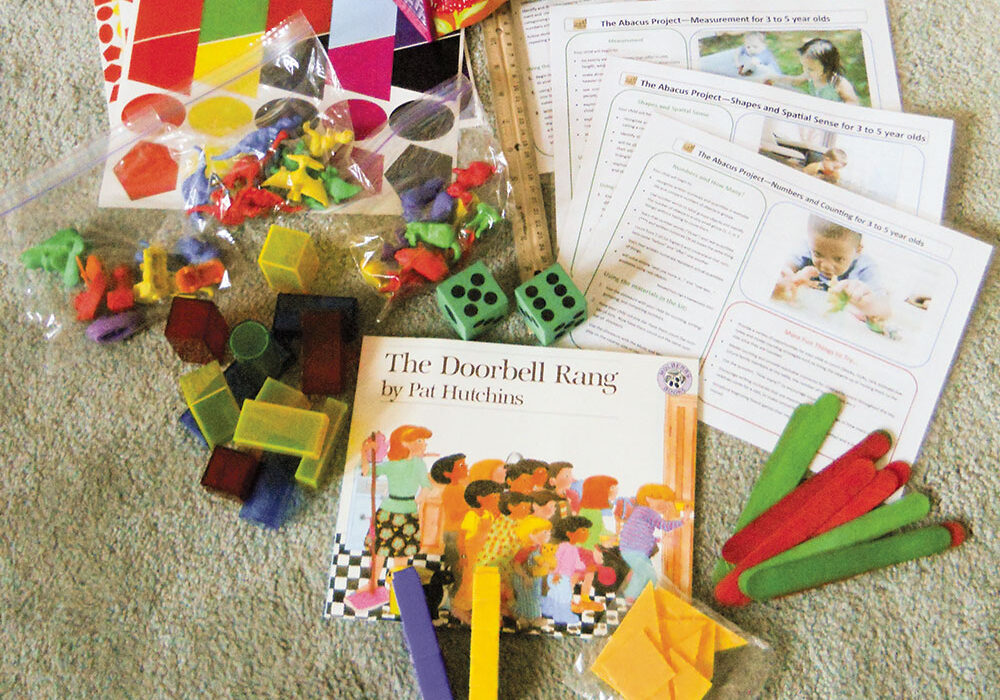
The Abacus Project – Instilling a Love of Math at an Early Age
The Abacus Project Instilling a Love of Math at an Early Age The Abacus Project was established after several early-childhood based organizations in Siskiyou County, in partnership with the Ford […]
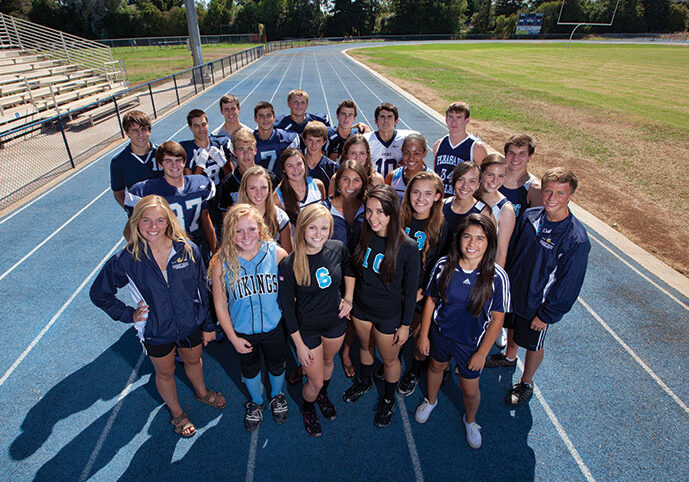
The Committed Athlete, On And Off The Field
Over the past two years, Pleasant Valley High School and Chico High School have implemented an initiative called Athlete Committed, helping to educate over 4,000 parents and student athletes on […]
Mi Escuelita Maya Preschool & Children’s Performing Arts Program – A Place of Learning and Inspiration
In a setting best described as welcoming and warm, where diversity is honored and creativity abounds, children go about the business of learning with great enthusiasm. Smiling teachers clearly are […]
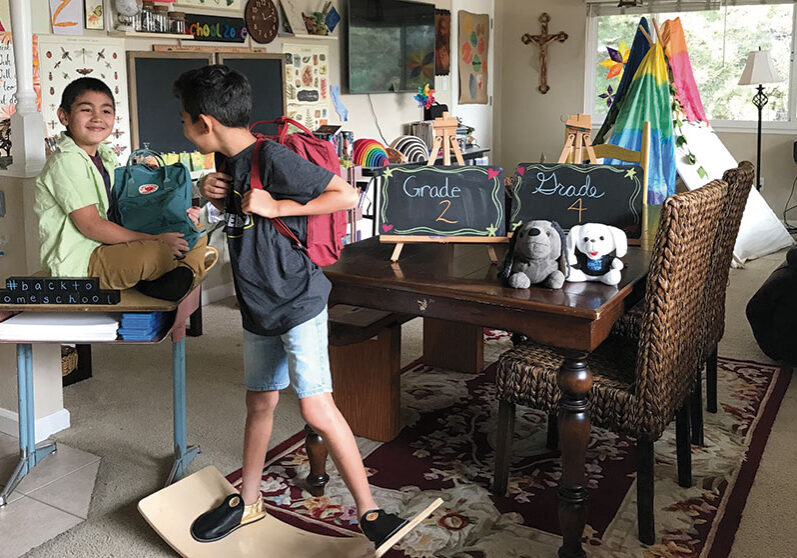
California Is a Homeschool-Friendly State
California is a Great Place to Homeschool I recently met a new family after they relocated from Washington to California. The parents admitted feeling a bit anxious about homeschooling their […]



